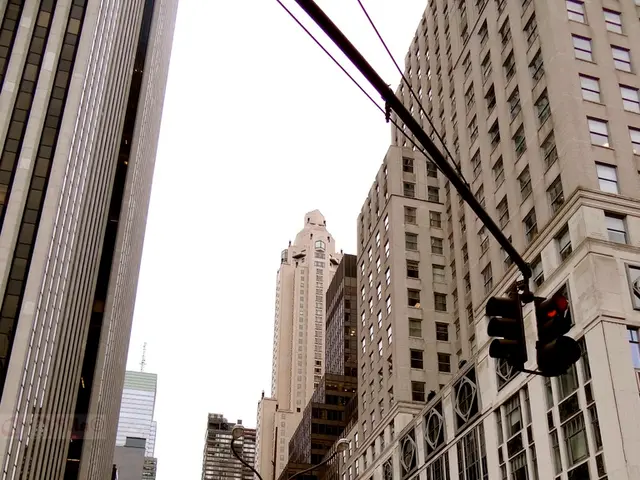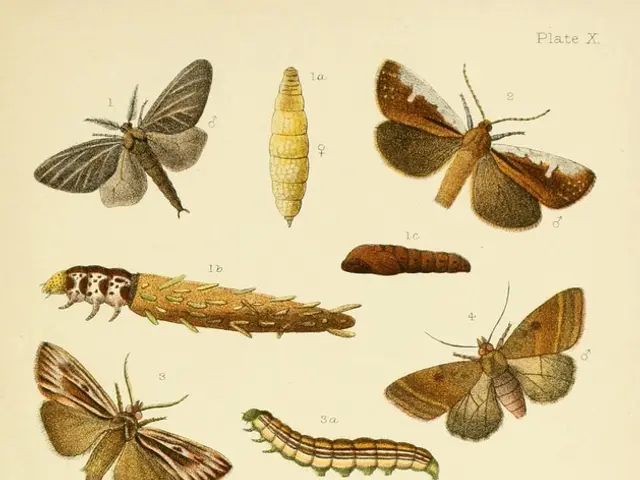Europe confronts a threefold dilemma in securing crucial minerals
The European Union (EU) is taking decisive steps to secure a sustainable and socially responsible supply of critical minerals essential for green technologies. As demand for these minerals is expected to quadruple by 2040, the EU is forging Strategic Partnerships with countries like Canada, Ukraine, Namibia, Kazakhstan, Argentina, Chile, Zambia, and the Democratic Republic of Congo, among others.
These partnerships are a key aspect of the EU's strategy, aiming to integrate value chains, foster collaborative projects, and maintain high social and environmental standards. The focus is on technology transfer and responsible mining practices, with a robust funding framework necessary for their success.
Chile and the Democratic Republic of Congo are major suppliers of these critical minerals, but dependency on these countries poses risks, including resource nationalism and export restrictions. To mitigate these risks, the EU is diversifying its sources, engaging with countries such as Australia, Greenland, Rwanda, and Serbia, among others.
China dominates the processing of rare earth elements, a critical component in many green technologies. To address this, the EU is emphasising the importance of harmonising standards on a global scale and encouraging active involvement of European companies in securing sustainable mineral supply chains.
The success of these Strategic Partnerships requires rapid and substantial engagement from Western car and battery makers and the metals industry. The EU's approach involves supporting green industry plans in resource-rich countries, with the aim of integrating local green industrial value chains and responsible sourcing practices.
A comprehensive overview of the current situation regarding critical raw materials has been provided by T&E in a recent briefing. The EU is facing a challenge to source these minerals responsibly, diversify markets, and ensure sustainability. The briefing offers clear recommendations for Europe to secure its supply of critical raw materials in a sustainable and socially responsible manner.
Ongoing talks are with Bolivia, Brazil, Japan, Colombia, Mexico, Peru, Uruguay, and the African Union for closer cooperation. The EU has disclosed strategic raw material partnerships with Argentina, Australia, Canada, Chile, the Democratic Republic of Congo, Greenland, Kazakhstan, Namibia, Norway, Rwanda, Zambia, Serbia, Ukraine, Uzbekistan, and the United States of America to jointly facilitate and make raw material trade more sustainable.
The EU is keenly aware of the urgency to catch up with global competitors like China in terms of investments in global minerals projects. By forging these Strategic Partnerships, the EU is taking proactive steps towards a sustainable and responsible future, ensuring the continued growth of green technologies and a more sustainable planet.
Read also:
- "The imperfect yet essential documentary, "Planet of the Humans," raises challenging and uncomfortable inquiries"
- Exciting Escapades of Tintin
- More than half of British homes adhere to insulation standards established during the 1970s.
- While Éowyn's storm caused a massive €301 million in damages, fossil fuels maintain their position as the leading power source.








